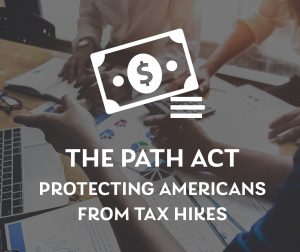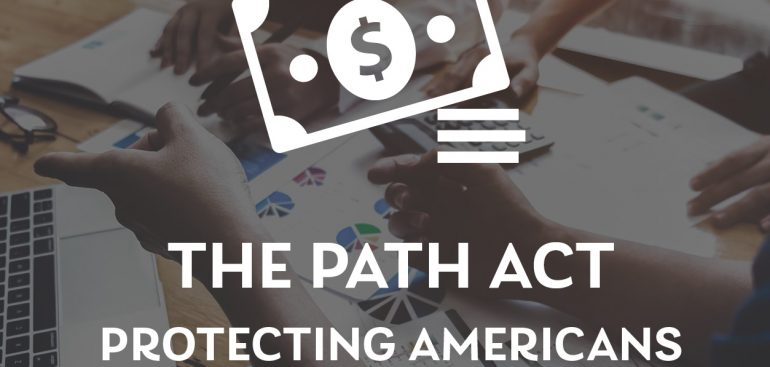According to the IRS, the Protecting Americans from Tax Hikes (PATH) Act was enacted in 2015. This act extends to various aspects that taxpayers should be aware of, including changes to legislation that regulate taxes and extending some laws that would have expired. The act aims to protect taxpayers against fraud. It includes provisions that may affect the taxpayer credits of individuals and businesses. This guide will take a look at those aspects. 
What taxpayers need to know about the PATH Act
The PATH Act extends expired tax laws and introduced new regulations to reduce fraud and to ensure that Americans get the correct refunds from the IRS. The PATH Act now addresses regulations governing Additional Child Tax Credit (ACTC), Earned Income Tax Credit (EITC), and Work Opportunity Tax Credit (WOTC). Although the act may not change the amount of your return or when you receive your refund, it does ensure that certain tax credits are monitored more closely.
The most important aspect to recognize is that the PATH Act will not change how you complete your tax return. Although early filers may experience some delays, these delays afford the IRS opportunities to counteract possible tax fraud.
Key aspects of the PATH Act
Under the Act, some taxpayers who file early for Additional Child Tax Credit (ACTC) or Earned Income Tax Credit (EITC) may receive their refund later. These taxpayers could have to wait until after the 15th of February to receive a refund. The delay allows the IRS to verify information that can help to reduce tax fraud. All pending refunds should be released from the 15th of February, so if you don’t receive your refund within 4-6 weeks after the 15th of February, you may want to visit the IRS website to find out about the delay.
The Act has retroactively extended the Work Opportunity Tax Credit (WOTC). This is a credit for employers who hire workers from target groups faced with barriers to employment.
If you’re still unsure about any part of the PATH Act, or if you need more tax tips, visit our website or reach out to talk to a tax expert about your tax refund.

